Eager for beaver, stronger together
The stunning week in the International Youth Exchange camp in Slovakia, organised by BROZ, was marked by wildlife watching, debates on biodiversity conservation and intensive fieldworks. A photo report!

Photo: Jordanka Slavova
Set in a wonderful eco-site near the Veľký Lél island on the Danube River, the International Wilderness Camp - Slovakia, organised on 21-27 August, aimed to gather young people from Romania, Lithuania, Slovakia, Germany, the Czech Republic, Poland, Bulgaria and Hungary to discuss and exchange our knowledge on biodiversity conservation, as well as to discover BROZ's fieldwork in the area on regards to conservation.
This island is mainly managed by BROZ, which works on maintaining its biodiversity. Through grazing, planting of new native forests and animal protection, the organisation aims to restore the meadows and make the wetland wet again by restoring an arm of the river. During our stay at the Ecofarm Ostrov, we were also surrounded by many animals: horses, goats, sheep, and cats, as well as rescued animals, such as the white and black storks, and European ground squirrels.
During the first day, we had a nice introductory tour of the island, discovering its singularities and the threats posed by invasive species while observing the work to protect its biodiversity. In the evening, at sunset, participants had the chance to go and watch the beavers. We spent a peaceful moment listening to the birds singing. Thanks to our beaver lover guide for this experience.
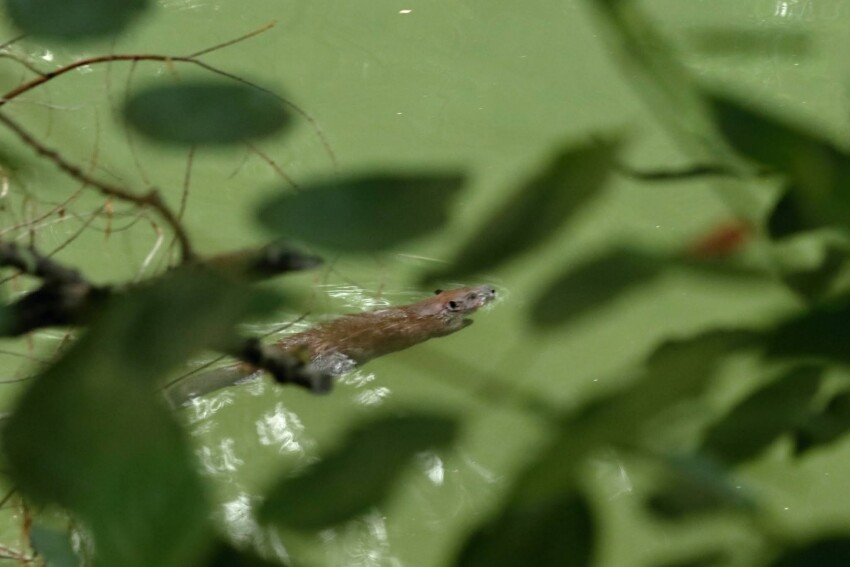
Day 2 was dedicated to hands-on experiences. We had to remove invasive species, especially the Amorpha fructicosa. The island is also threatened by a species called Asclepias syriaca and the team is using pesticides to get rid of it. As this product is a sensitive topic, we had a great debate on its use (which helped to clarify its usefulness and necessity in this case). Another task was to clear a nesting site for the sand birds. The area was overgrown by saplings and tall grasses, but with great motivation, we managed to improve it and make it accessible for the birds.
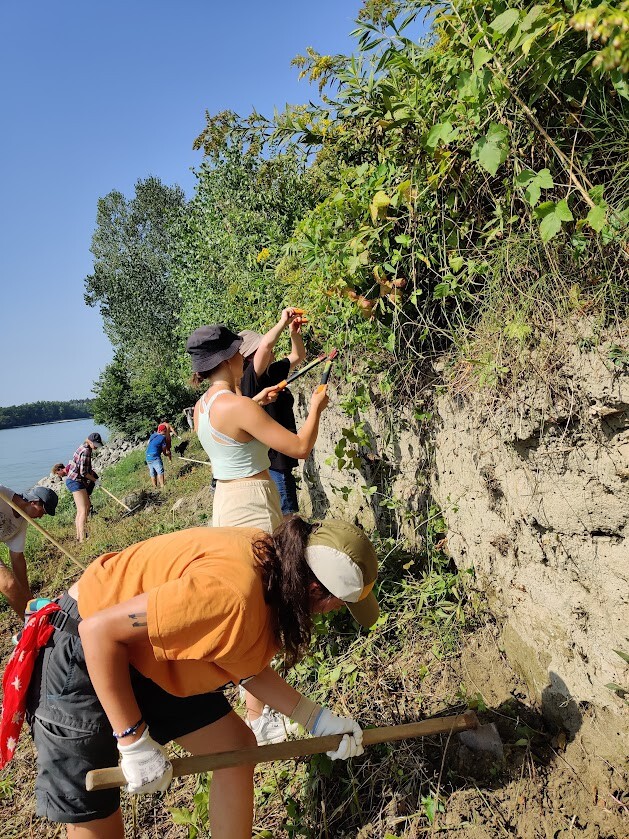
The next day, we had the opportunity to get into a boat tour on the Danube. It was a great point of view to look at our work on the nesting site and also to look at the other nesting sites on the Hungarian riverbank. We were lucky enough to observe many species of birds flying over our boat: kingfishers, cormorants, herons, the Eurasian hoopoe, and a white-tailed sea eagle among others. The evening was dedicated to a lecture on the importance of grazing for nature conservation, its benefits and the particularities of the different species used for this practice.
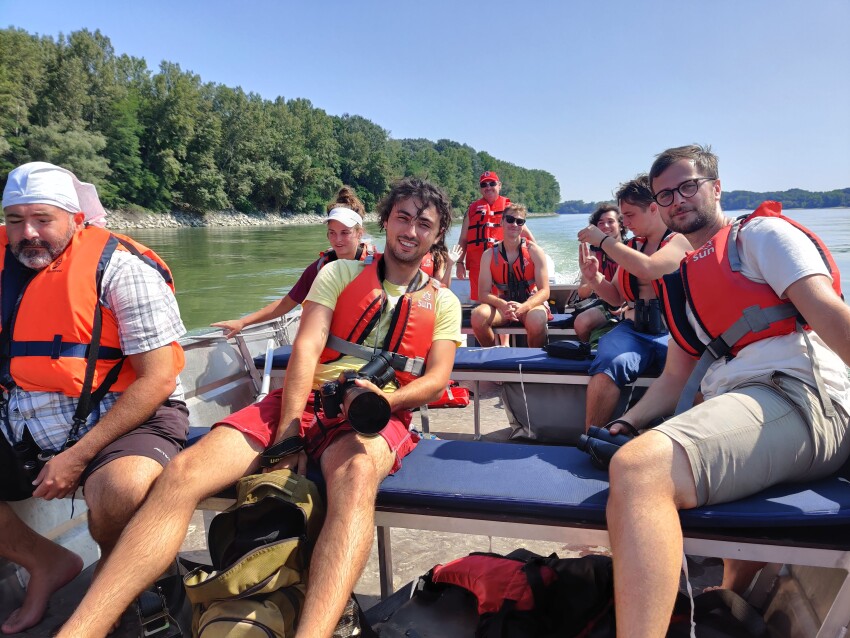
On Friday, we had the chance to get to know more about the diversity of wild pollinators and had an identification session on the island with an entomologist. This activity reminded us how essential these species are to biodiversity and how much greater interest there should be in protecting them. In the evening, Patrícia Gajdošociová, a psychologist, discussed the topic of climate anxiety and its impact on mental health.
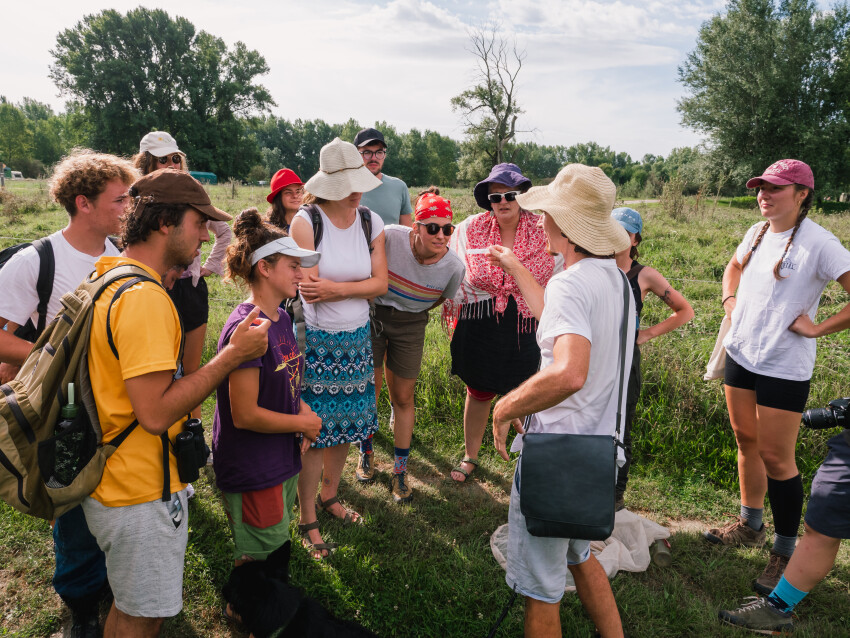
Saturday was the second day of fieldwork to finalise the nesting site and to take a "sweaty" picture of the camp team under this blazing sun. Despite the hardness of the work, we were all grateful to get our hands dirty for nature.
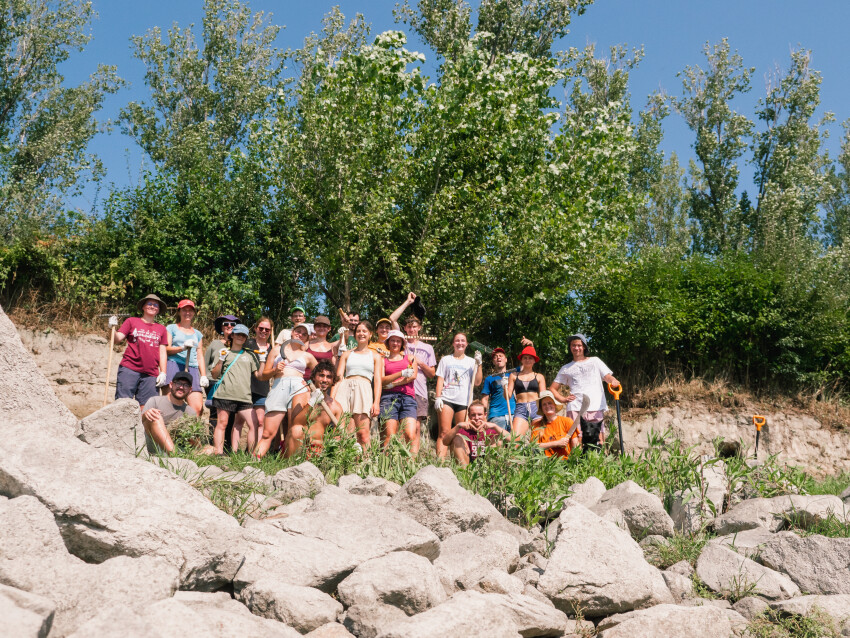
The camp ended with a big barbecue and we gathered around a campfire to admire the starry sky and share some heartfelt conservations and smooth songs.
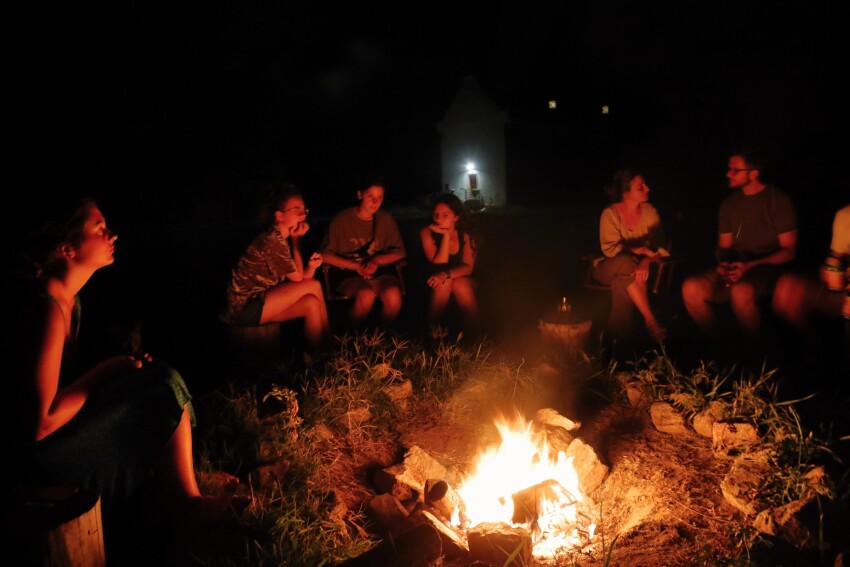
Throughout the week, we had some free time because the heat was stifling. After some intense field days, afternoons to share coffee and books, swimming in the Danube, improvising some acro-yoga sessions, football games or even solving a Rubik’s cube was really pleasant. The organisers also came up with the idea of organising an international evening, a great opportunity to share snacks from our countries, laugh at stereotypes, and show off some superb photos of the countryside.
What was really enjoyable about the camp was the effort made to have as many vegans and at least vegetarian meals as possible. It was a great success with all the participants and there weren't many leftovers!
Looking back to the week, I really feel that we built a great community, collaborating on sweaty works, sharing our passions and creating good memories. The camp left a lasting impression on all of us and inspired us to take action to protect nature as a key issue in the context of climate change. We are all hopeful for the future!
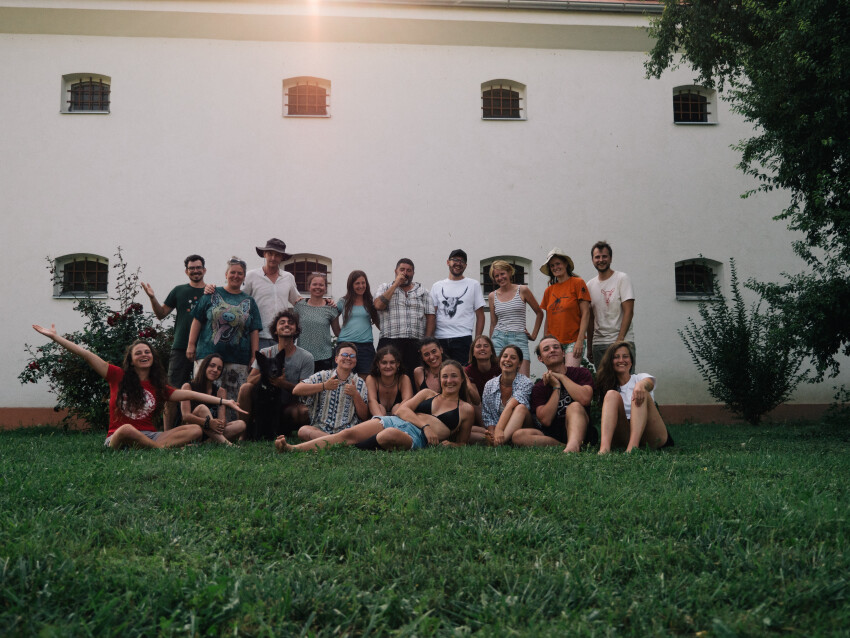
For the final words of this article, I would like to thank the kind organisers, Patrik Gažo and Anna Ungradyová, from BROZ, for this amazing and well-organized week in nature. I would also like to thank Thor Morante from CEEweb for Biodiversity for giving me the opportunity to participate in this enlightening event.
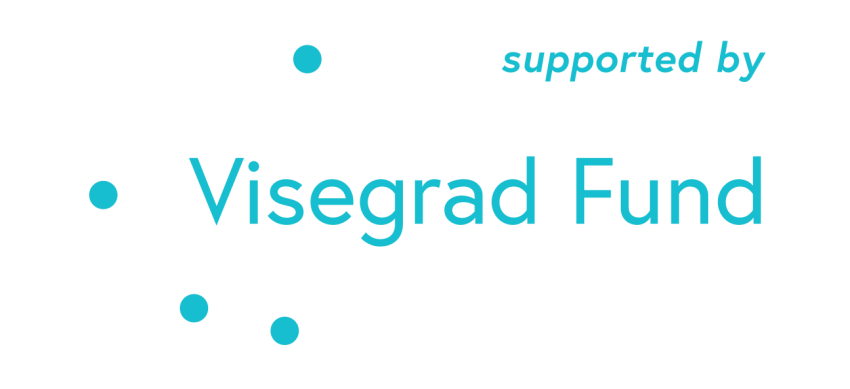

The project is co-financed by the Governments of Czechia, Hungary, Poland and Slovakia through Visegrad Grants from the International Visegrad Fund. The mission of the fund is to advance ideas for sustainable regional cooperation in Central Europe.
Image gallery










